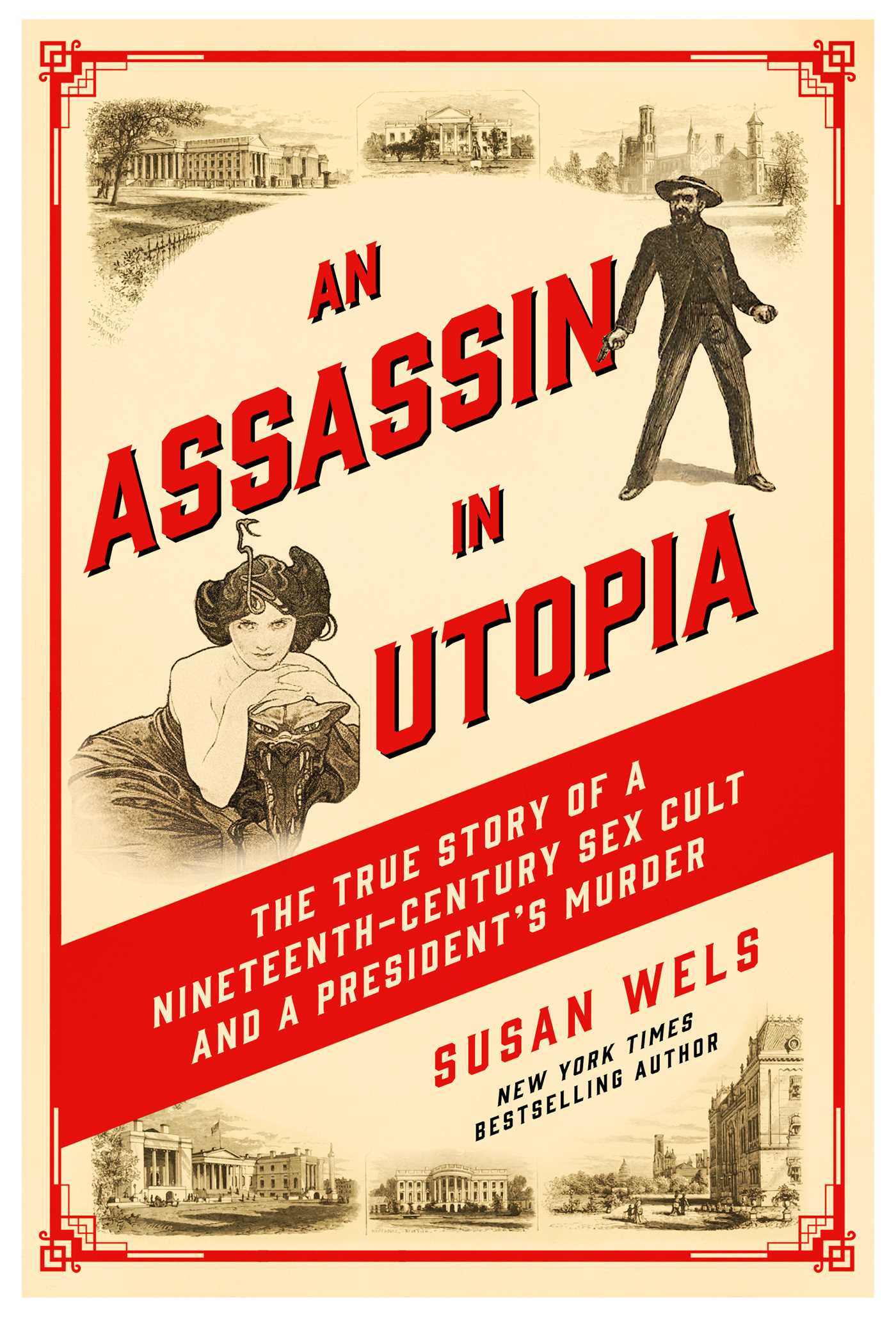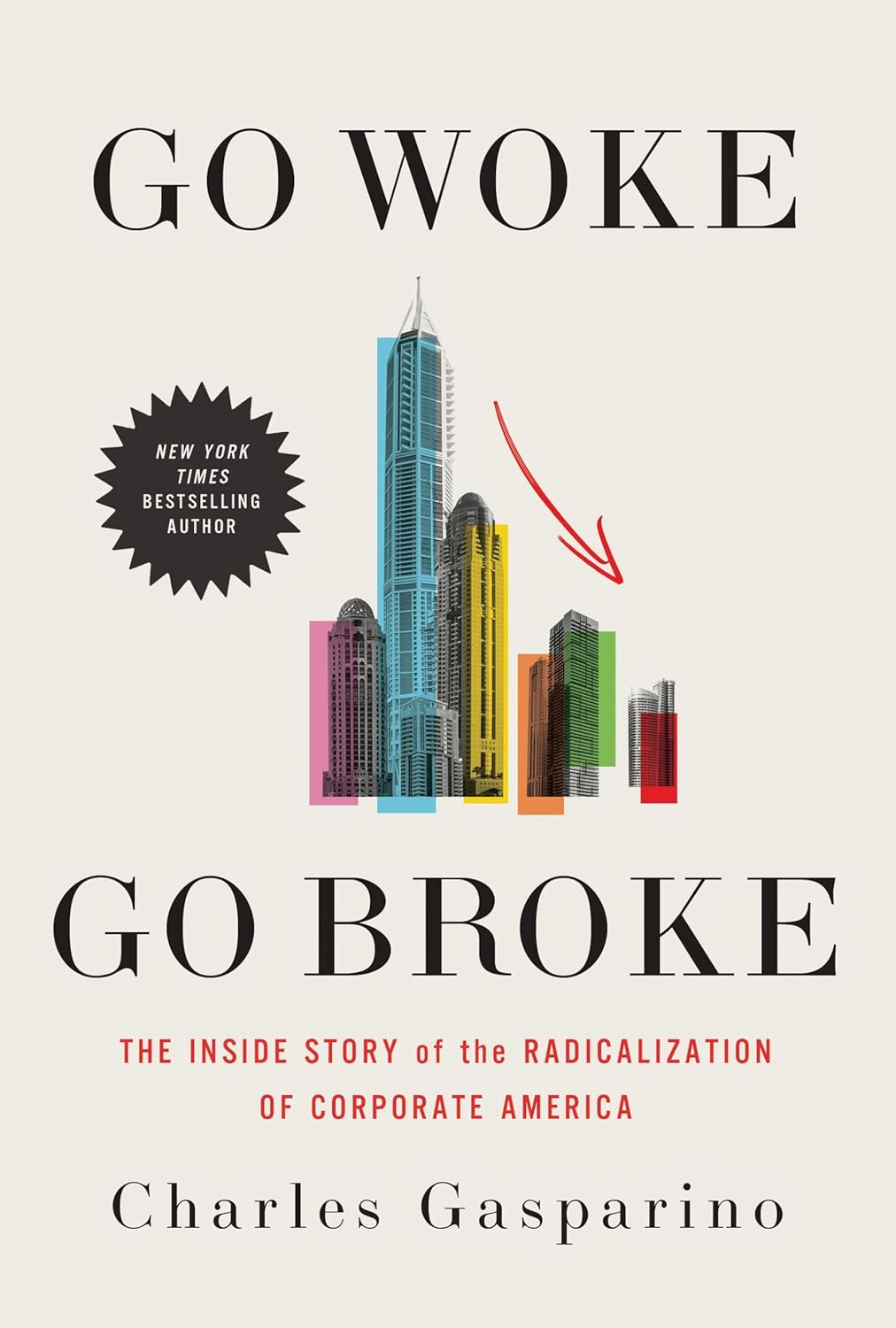
Careless People: A Cautionary Tale of Power, Greed, and Lost Idealism
Book Description
Beneath the glimmering façade of a thriving city, a web of ambition and betrayal entangles the lives of its most powerful players. In ‘Careless People: A Cautionary Tale of Power, Greed, and Lost Idealism,’ Sarah Wynn-Williams unravels a gripping saga of moral decay, where friendships crumble in the shadow of unchecked ambition, and loyalty is sacrificed on the altar of greed. As alliances shift and dark secrets surface, the question remains: can integrity survive in a world that thrives on carelessness? Will the dreamers reclaim their vision before everything they love is lost to the seductive lure of power?
Quick Book Summary
Careless People by Sarah Wynn-Williams is a powerful memoir that explores the seductive yet destructive influence of ambition and power in a modern, bustling city. Set against the backdrop of the tech and business elite, Wynn-Williams draws from her own experiences to unravel a web of betrayals, shattered ideologies, and the corrosion of personal values. As the narrative unfolds, friendships and alliances are tested amidst boardroom intrigues, shadowy deals, and ethical compromises. The book offers a critical reflection on lost ideals, examining how easy it is for dreams to be consumed by greed. Ultimately, Wynn-Williams poses hard questions about integrity in environments that seem to reward recklessness and self-interest, leaving readers to consider whether hope and principle can truly endure in such a world.
Summary of Key Ideas
Table of Contents
The Corrosive Effects of Ambition and Power
Wynn-Williams begins her memoir by setting the stage in a thriving metropolis, where rapid technological growth and unprecedented economic opportunity breed an atmosphere of possibility and danger. She introduces key figures—driven entrepreneurs, influential executives, and political operatives—trapped in a cycle of ever-escalating ambition. Through evocative storytelling, she demonstrates how the relentless pursuit of power, often disguised as progress, gradually eats away at individuals’ sense of purpose and ethical boundaries.
The Erosion of Ideals and Moral Compromise
As Wynn-Williams recounts her own rise within these circles, she describes the internal and external pressures to conform, compete, and compromise. Early idealism—once rooted in the belief that technology and business could change the world for the better—is tested against the quick rewards of self-interest. She details specific instances where personal and organizational values are challenged, exposing the complex morality of high-stakes environments.
The Fragility of Trust and Loyalty
The memoir vividly illustrates how relationships become transactional as trust frays under the weight of ambition. Wynn-Williams narrates betrayals both personal and professional: confidences broken, alliances dissolved, and long-standing friendships sacrificed for advancement. She explores the emotional cost of such losses, highlighting the broader culture of disposability that takes root within elite business and political landscapes.
The Seduction of Greed in Modern Business
Central to the book is an examination of how greed functions as both a motivator and a corrosive force. Wynn-Williams weaves in accounts of lavish parties, risky ventures, and covert machinations—all emblematic of a culture enthralled by material success. She interrogates the seductive narrative of winning at all costs, revealing how it fuels cycles of mistrust and sets individuals on a path of ethical decline.
The Possibility of Redemption and Reclaimed Vision
In the final sections, Wynn-Williams turns to the possibility of redemption. She candidly reflects on moments of reckoning, when old ideals can either be revived or buried. Drawing on her own journey and the stories of others who refused to surrender their integrity, she considers what it means to reclaim a lost vision. The book concludes with a call to recognize the high stakes of carelessness, while reminding readers that hope and moral courage are not entirely out of reach in even the most compromised worlds.
Download This Summary
Get a free PDF of this summary instantly — no email required.





